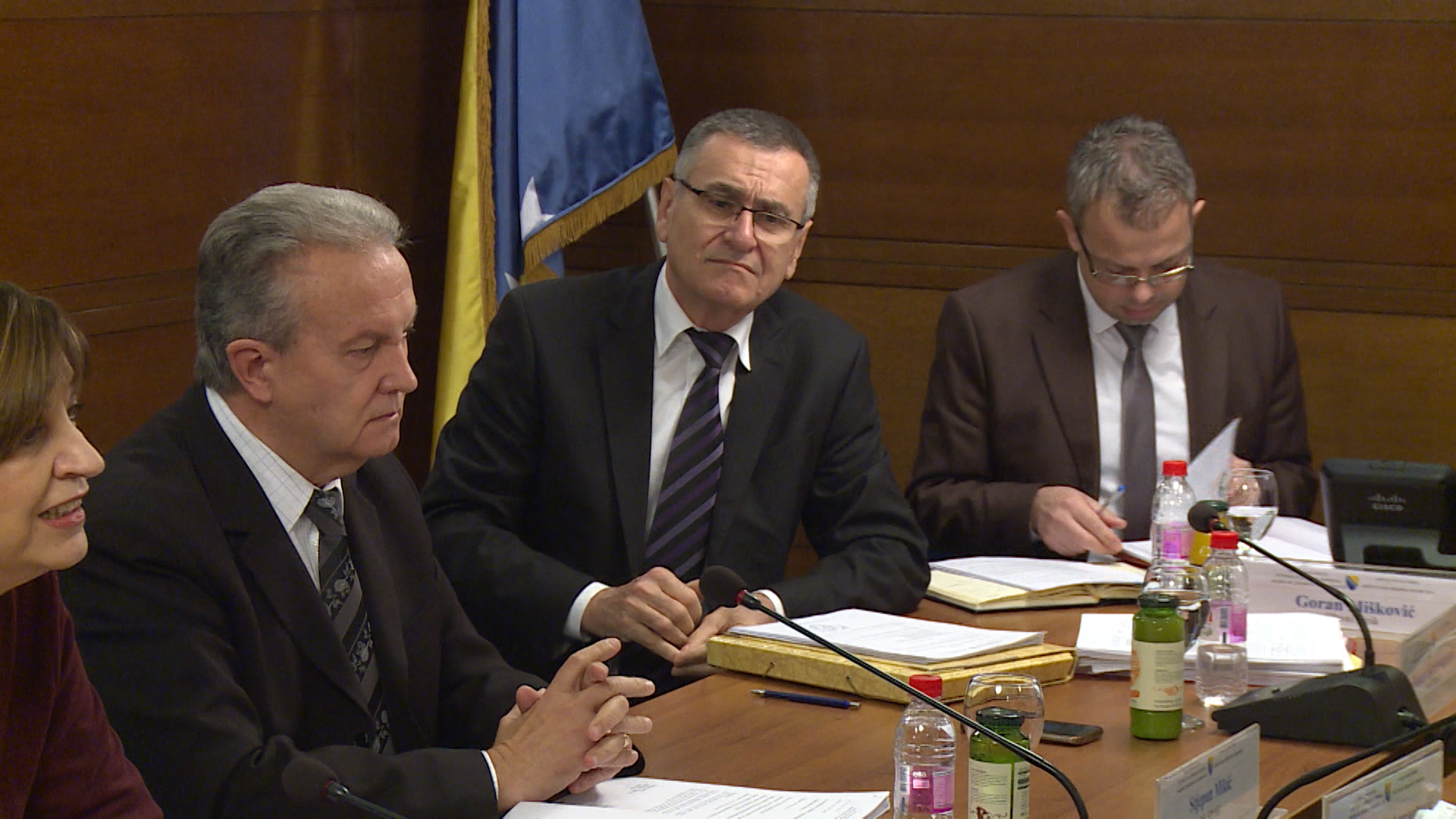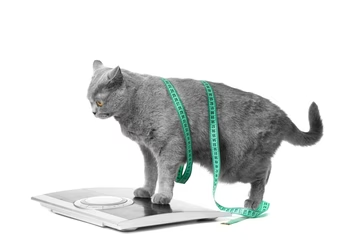
A decision to use the 2013 population census results for the distribution of seats in the Bosnia's Federation (FBiH) entity sparked strong reactions among political parties who warned that the Central Election Commission's (CIK) decision is unconstitutional.
“CIK brutally violated the FBiH Constitution with this decision,” said Democratic Front (DF) leader and member of Bosnia's tripartite Presidency Zeljko Komsic, explaining that the Constitution says the 1991 population census results will be used until the post-war return process is complete.
The return process is defined by an annexe of the Dayton Peace Agreement, which ended the 1992-95 war in Bosnia, which says that all displaced persons have to be able to return to their homes.
Completion of the process is to be decided by the Office of the High Representative (OHR), a top international institution in Bosnia in charge of overseeing the civilian part of the peace treaty implementation.
According to Komsic, the CIK's decision directly breaches the 51st amendment to the Federation's Constitution.
“That amendment clearly says that the published results of the 1991 population census will be used in an adequate way for all calculations that require demographic data until the Annex 7 is fully implemented,” said Komsic announcing he would appeal to this decision before Bosnia's Constitutional Court.
Komsic's left-leaning DF stressed that the CIK legalised in this way “the ethnic cleansing from the 1992-95 war.”
The Social-Democratic Party (SDP) urged the OHR to “take necessary steps in order to stop the applying of this unconstitutional, detrimental and dangerous act of the CIK of Bosnia and Herzegovina.”
SDP will not accept a formation of the House of People in line with the CIK's latest decision and will not take part in post-election government formation “until this process returns to the frameworks of the Constitution and law,” the party said.
Which population census results will be applied in the formation of the Bosniak-Croat shared entity parliament has become a burning issue after the October general election.
The two censuses, one from 1991 and the second from 2013, show different population structure as a result of the 1992-95 Bosnian war. The final decision will dictate the parliament structure, representation of ethnic groups in the House of Peoples that is, and consequently the government formation.
Predrag Kojovic, leader of the left-wing Our Party, warned what might be the consequences of the CIK's decision.
“Do you know what it means for a party to have a two-thirds majority in a caucus,” said Kojovic pointing out that this might help the Croat Democratic Union (HDZ BiH) to have 12 of 17 caucus members and “with that number they can control the government formation processes in FBiH.”
“They can vote against the things they want to block. Those are some of the consequences of CIK's decision,” Kojovic added.
However, HDZ BiH top officials voiced dissatisfaction over the CIK's opinion.
HDZ BiH deputy leader Borjana Kristo noted the election commission had to act in line with how the Constitutional Court already ruled in the Ljubic case, which treats the distribution of seats in the Federation's House of Peoples.
Specifically, the HDZ BiH official objects the part of the decision saying that each of the ten cantons in FBiH would delegate at least one Croat, one Bosniak and one Serb for the House of Peoples, if elected. The decision is contrary to the court ruling in the Ljubic case, according to Kristo.
“CIK as a body in charge of organising and implementing the election results in line with Bosnia's Election Law has no competency to pass decision and prescribe how many delegates a canton would delegate. By doing this, the CIK took the role of legislator,” she added.
Bosnian Croat politician Bozo Ljubic filed a complaint before Bosnia's Constitutional Court, claiming that parts of the country's Election Law violate the constitutional right of three major ethnic groups (the Bosniaks, Serbs and Croats) to choose their own representatives, as guaranteed by the Constitution.
Due to a huge difference in number between the Bosniaks and Croats, two groups that share the Federation entity, it can theoretically happen that Bosniaks elect Croat representatives in the country's tripartite Presidency and the Federation's House of Peoples.
The court ruled in favour of Ljubic in 2018 and despite the six-month deadline, the decision has not been implemented yet.
Kakvo je tvoje mišljenje o ovome?
Učestvuj u diskusiji ili pročitaj komentare





 Srbija
Srbija
 Hrvatska
Hrvatska
 Slovenija
Slovenija



























































